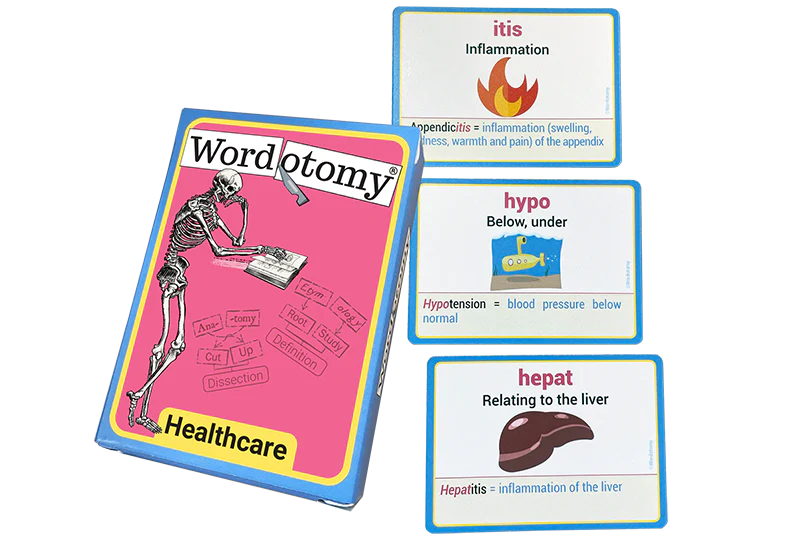
-
Nurses are increasingly challenged to deliver high-quality care supported by evidence-based practice.
To deliver evidence-based, person-centred care nurses need to use the most current evidence from a variety of sources that have been critically and publicly scrutinised.
The Evidence-based nursing game helps nurses understand how evidence-based practice works and tests their knowledge about evaluating literature and best practice.
The game only takes a few minutes to play and is a fun and enjoyable way to test your knowledge and skills.
The game has more than 300 questions and includes modules on:
- Introduction to Evidence-based nursing
- Literature reviews and databases
- Research ethics
- Quantitative methods
- Qualitative methods
- Quality improvement and practice development
The EBN Game is the perfect study aid for students and as a CPD activity for qualified nurses.
Web based game to play on your smart phone, tablet or PC.
Try for yourself - Play the 1st module for FREE
“evidence-based practice” …… “the conscientious, explicit and judicious use of theory-derived, research-based information to make decisions about care delivery to individuals or groups of patients, taking into consideration individual needs and preferences." Barker (2010)
- Wenn du dich für eine Auswahl entscheidest, wird die Seite komplett aktualisiert.
Dein Warenkorb
Dein Warenkorb ist leer
Hast du ein Konto?
Logge dich ein, damit es beim Checkout schneller geht.







